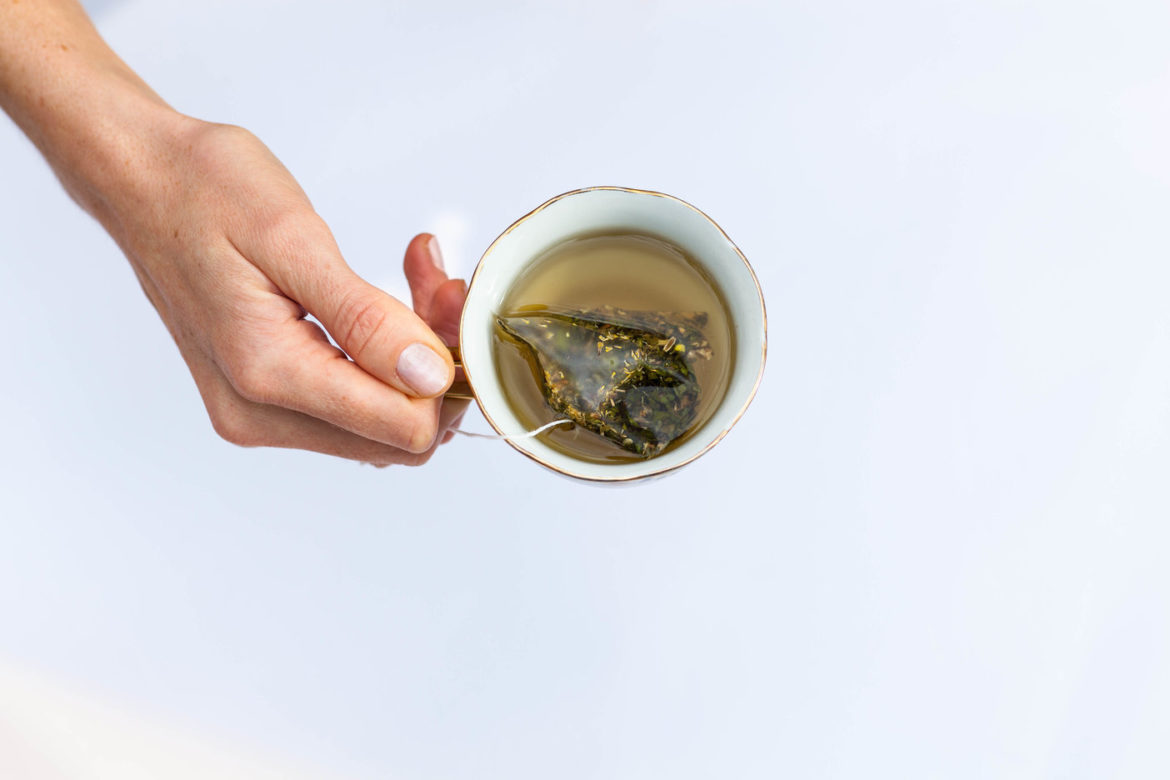
We have been hand blending, packing and distributing our unique loose leaf products for the past 8 years and have often been asked if we offer our blends in “tea bags”.
Once we would have turned up our nose at such a thought.
As we have progressed on this fantastic adventure of tea, health, business & life we have learned that there are more options available for delivering our favourite blends, and the health benefits, to people who love them most, with out jeopardizing the quality of the hand blended products we have built our business from.
Our essential criteria for undertaking this new line of Pyramid infuser products was the following:
1/ Can we produce the product that is comparable to our loose leaf blends in taste, aroma & benefit to health.
2/ Can we produce the product that can break down naturally after use.
3/ Can we produce the product made from predominantly plant based material, therefore reducing our dependence on petroleum based components.
After thorough market research and testing (by placing samples into our own compost & seeing first hand how they naturally breakdown) we concluded that it was possible to produce a product that filled the above criteria, tasting great, being beneficial for consumer health, being as independent as possible from fossil fuels & decomposing naturally.
We found materials that decompose naturally under normal and correct composting conditions of humidity, heat & PH.
The fibres will then decompose back to natural sugars, the initial component the material is made from.
We will always continue to hand blend & pack our loose leaf blends and for those of you with a little less time or who just want to enjoy the convenience of tea bags, you can rest assured that our Pyramid Infusers are not as harmful to the earth or your health as you may have been led to believe.
Below is further information on the material we are using for our new Pyramid range.
Environmental circulation of polylactic acid
- What’s GreenPla
 “GreenPla” is a registered trademark of the Japan BioPlastics Association (JBPA), which is a N.P.O. engaging in study, research and development to promote commercialization of plastics which are made from non-petroleum resources, and are biodegraded. Yamanaka Industry Co., Ltd. is a member of the JBPA “Mark”.
“GreenPla” is a registered trademark of the Japan BioPlastics Association (JBPA), which is a N.P.O. engaging in study, research and development to promote commercialization of plastics which are made from non-petroleum resources, and are biodegraded. Yamanaka Industry Co., Ltd. is a member of the JBPA “Mark”.

